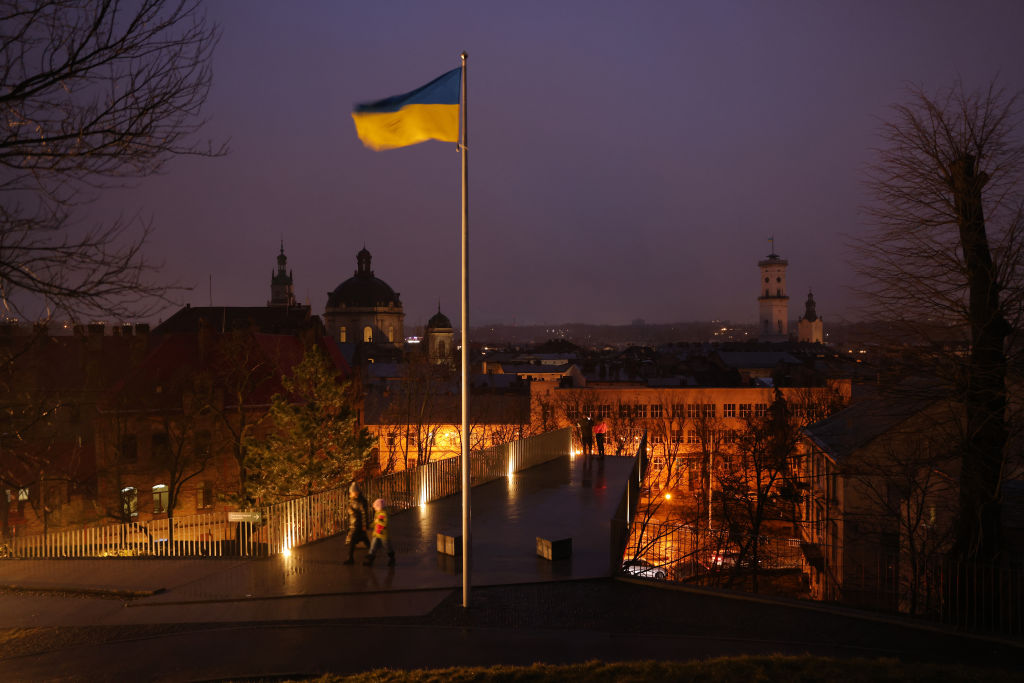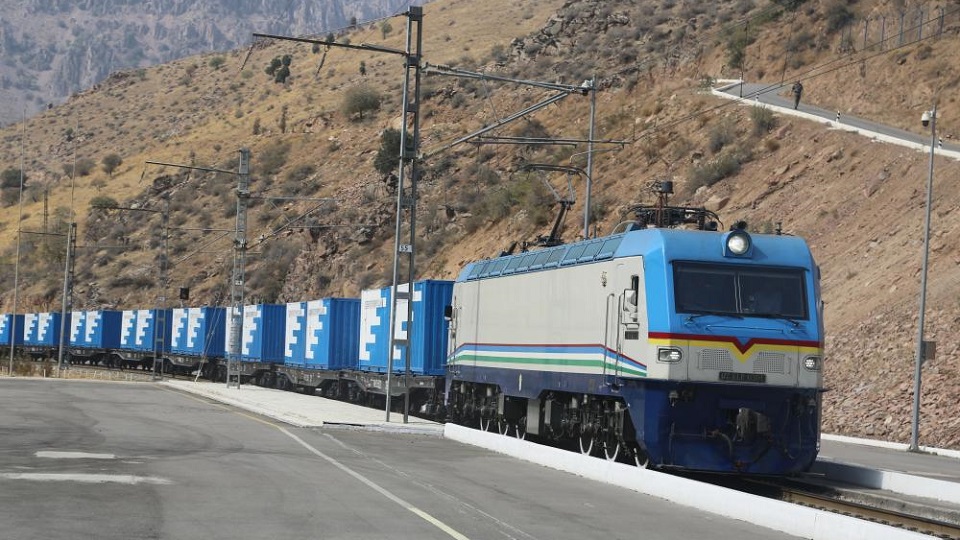
Caspian Summit Increases Russia’s Regional Power
Caspian Summit Increases Russia’s Regional Power
On September 29, the presidents of the Caspian littoral states—Russia, Kazakhstan, Iran, Azerbaijan and Turkmenistan—attended the fourth Caspian Summit, held in Astrakhan (TASS, kremlin.ru, September 29). This year’s meeting of the heads of state once again produced no definitive five-way agreement to effectively delineate Caspian offshore waters or the seabed—an area that has long been of interest to energy companies, including from Europe and the United States. But given the proceedings of that conference, it seems as if the long-term benefits of those opportunities will more fully fall under Russian influence.
The first Caspian summit was held in Ashgabat in 2002, the second one five years later in Tehran, and the third one in Baku in November 2010. Kazakhstan has the prerogative to host the next summit, and Kazakhstani President Nursultan Nazarbayev suggested holding it in 2016. The outstanding issue of all the conferences has been to attempt to formulate a definitive delineation and division of the Caspian’s offshore waters and seabed, which was not accomplished, but which participants felt confident would be achieved at the 2016 summit.
The US government’s Energy Information Administration (EIA) estimates that the Caspian basin contains 48 billion barrels of oil and 292 trillion cubic feet (tcf) of natural gas in proved and probable reserves and that of this total, nearly 75 percent of oil and 67 percent of natural gas reserves are located within 100 miles of the coast. Moreover, Caspian oil volumes make up roughly 10 percent of the world’s potential petroleum reserves (eia.gov, August 26, 2013). In addition, the US Geological Survey (USGS) estimates that the Caspian contains another 20 billion barrels of oil and 243 tcf of natural gas in as yet undiscovered, technically recoverable resources, mostly in the South Caspian Basin, where territorial disputes over offshore waters have hindered exploration (eia.gov, September 11, 2013). The summit was intended to delineate this offshore largesse, but negotiations have stalled up to now over Iran’s insistence that all Caspian countries should receive an equitable 20 percent of the Caspian, while Russia has consistently maintained that the five Caspian littoral states should receive their portion based on the length of their coastline.
Despite deferring seabed delineation to the next summit, the Astrakhan meeting nonetheless achieved a number of agreements. Vladimir Putin noted that the summit particularly focused on the “Caspian Five’s” economies. The Russian president pointed out that in 2013, Russia’s trade with Azerbaijan, Iran, Kazakhstan and Turkmenistan amounted to $33 billion, adding, “This is an impressive figure but it does not match our countries’ potential.” Putin also addressed the concept of building a “railway encircling the Caspian. The eastern semi-circle line linking Kazakhstan, Turkmenistan and Iran will be completed by the end of this year. In fact, our colleagues informed us earlier that this work is already nearly completed,” he stated. The railroad is scheduled to open by the end of the year and, along with developing a North-South Transport Corridor, will link the main Caspian ports, cutting both freight transport times and costs. The hope is that these infrastructural developments will make Caspian economies more competitive (kremlin.ru, September 29). Kazakhstan’s President Nazarbayev further suggested that the “Caspian Five” consider creating a Caspian Free Trade Area among themselves (The Astana Times, September 30).
The summit concluded with the presidents of Russia, Azerbaijan, Iran, Kazakhstan and Turkmenistan signing a joint declaration and adopting a final communique. The communique, consisting of 19 points, stated that all the contracting countries will extend their national sovereignty out 15 nautical miles off their respective coasts, with exclusive rights to procure maritime biological resources in ten–nautical mile areas adjacent to the national sovereignty zones. The waters beyond these 25–nautical mile zones will be regarded as a common water sector (islamnews.ru., September 30).
In light of Russia’s growing confrontation with the West over Ukraine, perhaps the most interesting for foreign military observers was the fact that the communique reaffirmed that only the Caspian littoral states’ armed forces have the right to carry out military activities in the Caspian Sea. Putin endorsed the concept, noting, “Such a regime was historically established. We are not going to change it” (TASS, September 29).
After the extraction of hydrocarbons, the construction of energy infrastructure is another potential lucrative foreign investment—but one that, it seems, foreign companies will now be unable to participate in. Turkmenistan’s President Gurbanguly Berdimuhamedov said, “We work on the basis that, in the Caspian, the interests of our states in the energy sphere do not conflict to any great extent, and I would like to stress that we are against giving a political coloring to any unresolved issues here… Turkmenistan is firmly convinced that the construction of such pipelines is the sovereign right of the states across the seabed sections of which these pipelines run, and so can only be carried out with their consent, observing, of course, the highest international environmental standards” (Interfax, September 30).
As one example of the summit’s potential impact on previously promoted projects, the EU, Azerbaijan and Turkmenistan began discussing a subsea Trans-Caspian Gas Pipeline in September 2011, which Russia and Iran have consistently opposed on ecological concerns. Consequently, Berdimuhamedov’s assertion of a “sovereign right” to pursue such projects may be stymied by the “Caspian Five’s” summit pledge to respect “interests of our states in the energy sphere.” As Iranian President Hassan Rouhani said, all unresolved issues in the Caspian should be agreed by consensus among all the littoral states (PressTV, September 29).
In the past decade, the Caspian basin has been developing into one of the world’s largest centers for the production and transportation of hydrocarbons. While the September 29 Astrakhan summit emphasized accord, the reality is that Russia has now assumed de facto oversight of the Caspian’s energy potential, buttressed by the superiority of its Caspian Flotilla. Only Iran also possesses open water access, via the Persian Gulf; whereas the former post-Soviet Caspian states’ sole maritime egress is the Volga-don Canal—which is fully under Russian control (see EDM, May 5). Accordingly, the summit represents a triumph for Russian diplomacy on the one side, optimism on the part of the other Caspian states, with the West’s energy companies and military forces largely relegated to watch from the sidelines.


